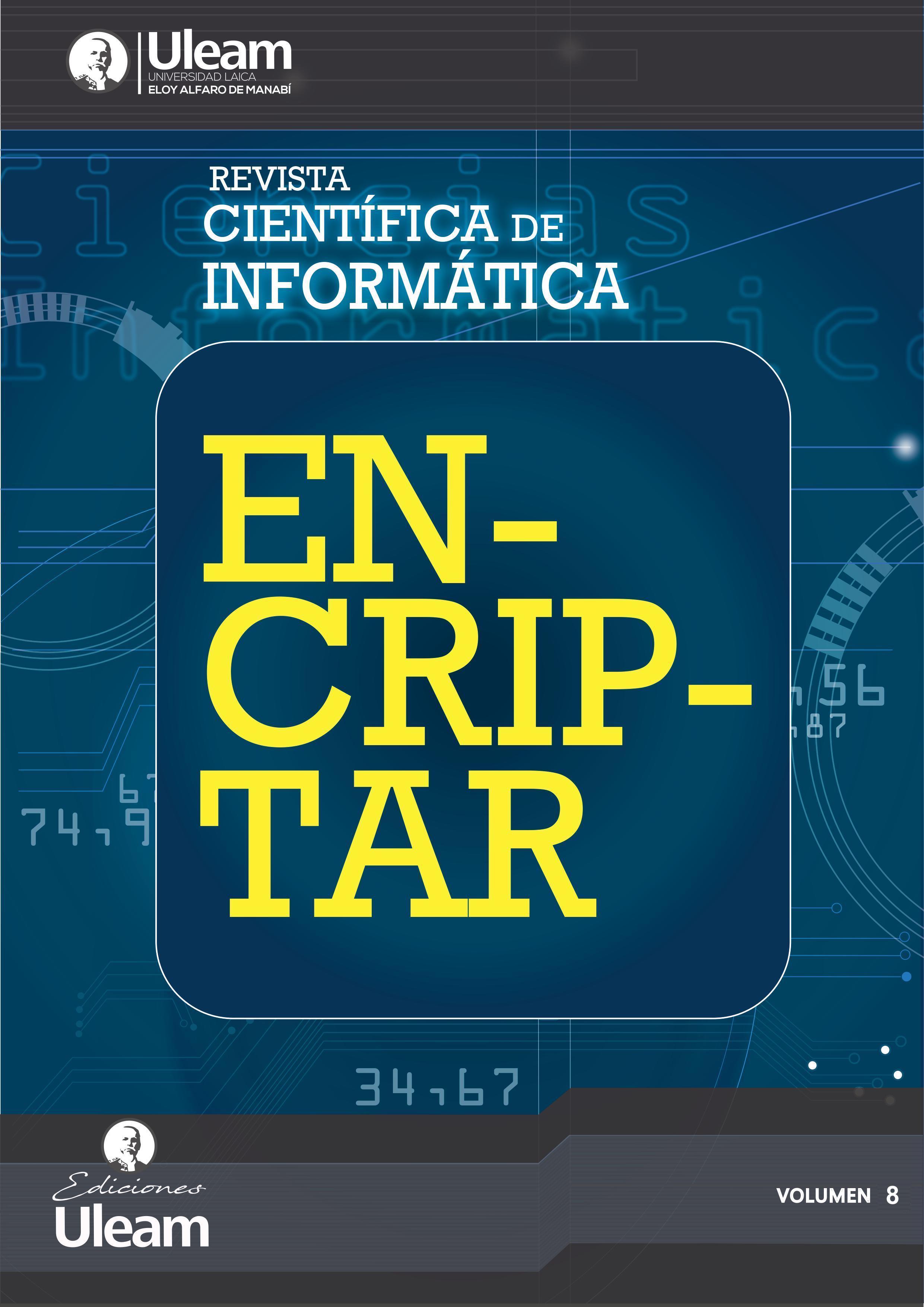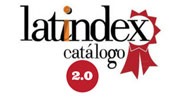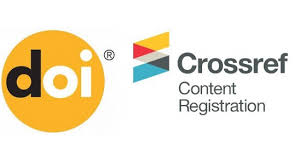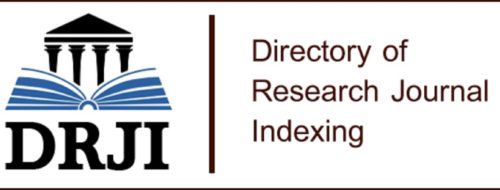E-Voting Mobile Application that optimizez the delegates voting process in Cooperatives
DOI:
https://doi.org/10.56124/encriptar.v8i15.004Keywords:
electronic voting, mobile application, voting process, technologyAbstract
In the midst of the digital era, while the world is moving towards the modernization of its democratic processes, Peru still relies on traditional face-to-face elections, with citizens marking ballots. However, the emerging technologies of mobile applications for the electronic voting process are here to stay and to be fully implemented in global elections. We envision a future where voting is as easy as making a phone call. Therefore, this article provides a comprehensive analysis of electronic voting, examining several case studies covering different E-Voting systems implemented in different regions of the world. The evolution and main features of these systems are discussed, highlighting their potential to improve the efficiency and accessibility of the electoral process. In addition, the advantages and disadvantages associated with these systems are analyzed, including security, transparency and public confidence. The article concludes with a reflection on best practices and recommendations for future technological developments based on E-Voting, highlighting the importance of interoperability, blockchain implementation, continuous improvement of cybersecurity and the need to educate the public to foster trust and citizen participation in electoral processes.
Downloads
References
Núñez Marinovich, N. M. (2019). Método para la evaluación de la usabilidad del software del voto electrónico presencial en el Perú. Universidad Nacional Mayor de San Marcos.
Herrera, S. (2021). Sistema de voto electrónico basado en blockchain.
Escobar, L. (2023). El derecho al voto electrónico universal como derecho constitucional (Implementación progresiva para el departamento del Cusco).
Cuaresmayo Flores, W. A. (2022). Capacitación electoral en el voto electrónico presencial en los electores del Centro Poblado Quiyunlla, la Jalca Chachapoyas 2022 (Tesis de maestría, Universidad César Vallejo).
Reznik, O., Slinko, T., Kravchuk, M., Serohin, V., Strelianyi, V. (2021). Use of Information and Communication Technologies in the Election Process: Ukrainian Realities and Foreign Experience. https://doi.org/10.1051/shsconf/202110003007
Gadzhieva, A.O., Kostyrko, A.A., Koshel, A.S. (2023). Active voting rights in the digital age: Legal aspect. https://doi.org/10.21638/spbu14.2023.404
Tedyyana, A., Ghazali, O., Asnafi, T., Purbo, O.W., Harun, N.Z., Riza, F. (2024). Transforming the voting process integrating blockchain into e-voting for enhanced transparency and security. https://doi.org/10.12928/TELKOMNIKA.v22i2.25758
Santos Mundim, P.; Vasconcellos, F. y Okado, L. (2023). Social Networks and Mobile Instant Messaging Services in the Election of Jair Bolsonaro as President of Brazil in 2018. DADOS, 66(2), 1-37. https://doi.org/10.1590/dados.2023.66.2.291
Risnanto, S.; Mohd, O.; Hafeizah, N.; Mardiana, N.; Abdurrohman y Hersusetiyati (2023). Constructing and Optimizing an Evaluation Model for the Implementation of Electronic Voting: An Indonesian Case Study. IIETA, 10 (4), 1401-1408. https://doi.org/10.18280/mmep.100435
Teguh Ilham; Budi Santoso, E. y Azmi Fadhilah, H. (2023). Optimizing Electronic Voting System in Village Head Elections: Evaluation and Recommendations from Sleman Regency, Indonesia. EAI, 11 (1), 1-17. http://dx.doi.org/10.4108/eetsis.4372
Published
How to Cite
Issue
Section
License
Copyright (c) 2025 Scientific Journal of Informatics ENCRYPT - ISSN: 2737-6389.

This work is licensed under a Creative Commons Attribution-NonCommercial-ShareAlike 4.0 International License.















